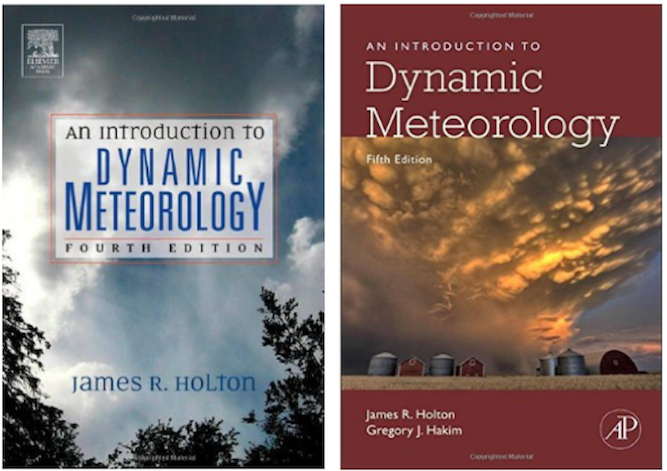CIVL 4100E / ENVR 4000O - Climate Modeling and Risk Assessment
The primary aim of this course is to convey fundamental scientific knowledge of the Earth's climate system, to develop the technical skill for climate modeling and analysis, and to understand the relationship between the impact of climate change and the strategies to manage the associated risks. Emphasis will be placed on the "practical exercise" for the simulation of future climate in response to anthropogenic greenhouse gases using the web-based global climate model (EdGCM) with a user-friendly interface that can be run on laptop or desktop computer. Through this practice, students will learn full scientific processes related to climate modeling such as experimental design, running simulation, data analysis, and interpretation of results. On this foundation, the latter half of the course will be shifted to the topics for the identification and assessment of the risks from climate extremes. Eventually, students will have familiarity with climate modeling techniques and better sense to grapple with a myriad of complex climate issues.
ENVR 5310 - Atmospheric Dynamics
A significant body of research on atmospheric sciences, such as weather prediction and climate change, is ultimately grounded in the fundamentals of fluid dynamics necessary for understanding large-scale atmospheric motions. This course is designed to provide an introduction to the fundamentals of atmospheric dynamics, including discussions of basic conservation laws, rotation and stratification, scaling and approximations, circulation and vorticity, boundary-layer dynamics, and the quasi-geostrophic theory. Eventually, this course will help students to develop the background knowledge that are required to understand the observed weather and climate, and to improve their prediction skill.

|
CIVL 1150 / ENVR 1150 - Climate Change Impact and Extreme Weather Events
As the extreme weather events emerge as one of the most prominent global risks, climate change and the accompanying natural disasters are no longer a side agenda, but play a critical role in maintaining sustainable societies and economies. This course aims to inspire students to take a broader perspective on environmental issues, in addition to advancing the scientific knowledge of climate change and extreme weather. To effectively achieve this purpose, the course introduces the case studies that emphasize the huge implications of extreme events (e.g. drought, flood, heat waves, typhoon) and their linkage with the warming due to greenhouse gases. This course also assesses the potential impacts of climate changes and extremes on social, economic and environmental sustainability through a multidisciplinary approach.

|